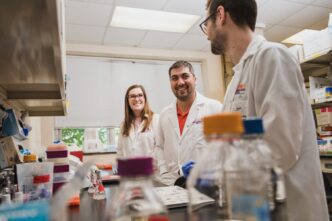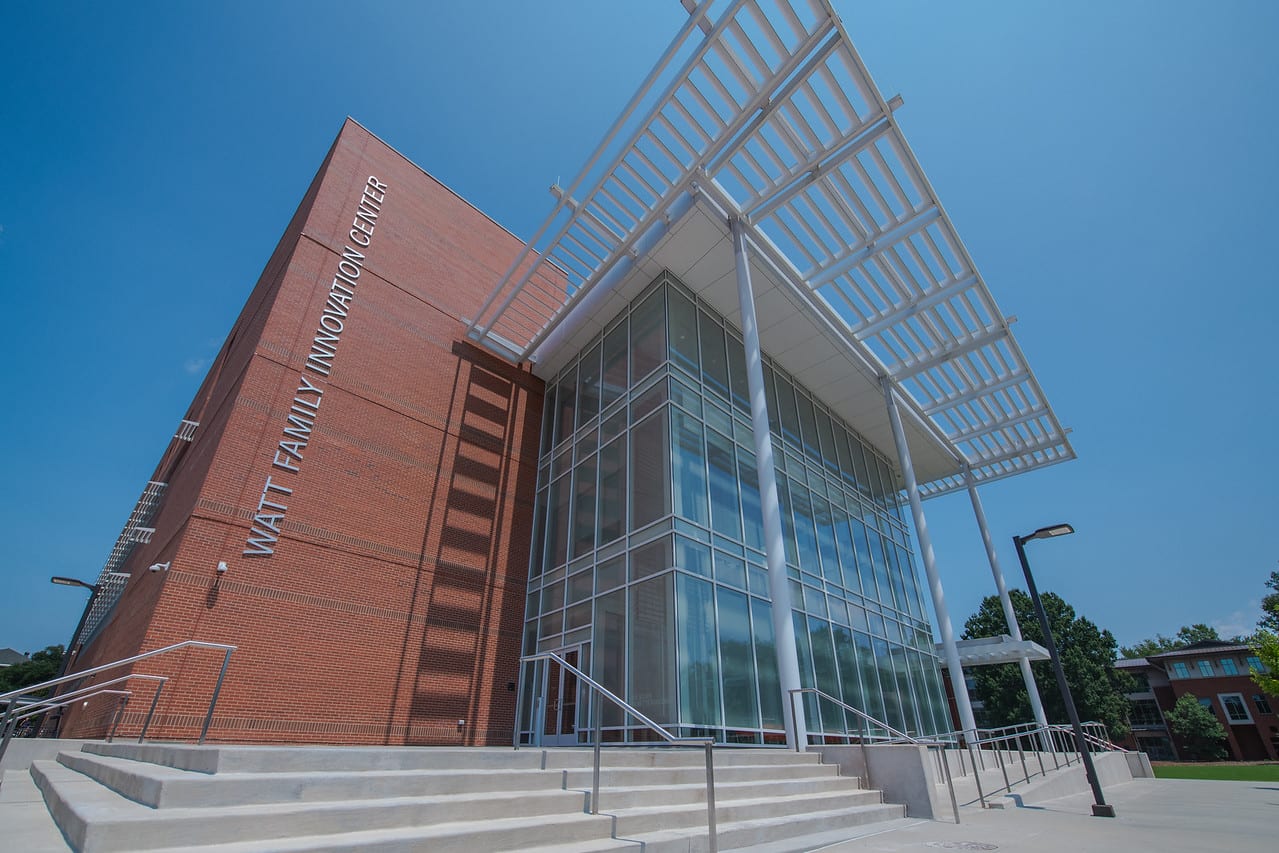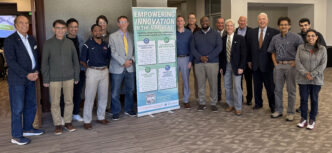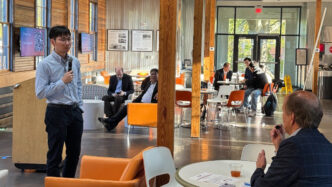CLEMSON — Plants have helped cure disease and relieve pain since ancient times, and new research at Clemson University could help tap even more of their potential.
Many plants hold promising pharmaceutical compounds but in quantities far too small to develop into marketable drugs. In some cases, the entire area of the United States could be farmed with a single crop and it would be enough to treat just a few patients.

Instead, Mark Blenner and his team are exploring how it may be possible to synthesize pharmaceutical compounds by taking genes from plants and placing them in Yarrowia lipolytica, a strain of yeast.
The researchers expect to finish the study with a better understanding of the hurdles and how to overcome them.
“It could lead to new drugs to treat all kinds of diseases and cost-effective production of those drugs,” Blenner said. “This comes from the idea that plants can’t naturally make enough of these compounds to be able to test them broadly. We want to be able to make these compounds with much less farming and land and tending crops.”
The research will give undergraduate and graduate students an opportunity to work with the latest technology in synthetic biology, RNA sequencing and bioinformatics. The National Institutes of Health is providing a $1.8 million Outstanding Investigator Award to support five years of research, and Blenner said the study could grow into a new area of focus for his lab.
Blenner, who is leading the research, is the McQueen-Quattlebaum Associate Professor in the department of chemical and biomolecular engineering. He made headlines last month for winning the Presidential Early Career Award for Scientists and Engineers.
Blenner and his group have extensive experience in working with Yarrowia lipolytica, which is primarily known for making oils and fats. The precursors for oils and fats are the same needed to make drug molecules, such as flavonoids and alkaloids, Blenner said.
Flavonoids have cancer-fighting antioxidant properties and alkaloids could turn out to be effective chemotherapeutics, he said.
David Bruce, chair of chemical and biomolecular engineering, said Blenner and his team are well-positioned for success.
“Dr. Blenner has identified a unique approach to engineering better medicines,” Bruce said. “His research could be the key that unlocks the door to a wide range of new drugs while providing our students valuable experience in the latest technology in chemical and biomolecular engineering. This grant is well-deserved.”
Blenner said that placing a plant gene in yeast can be done inexpensively. However, it often fails to make protein correctly, he said, and the critical challenge in the new research is to figure out why.
“We want to know the culprit and then start to identify solutions to problems,” Blenner said.
The team plans to analyze the genetically modified yeast with bioinformatics — computer algorithms that help researchers understand large sets of biological data.
“In this case, we’re looking at changes in the number of different RNA molecules that are made in each cell,” Blenner said. “RNA molecules are the precursor to making protein. We can use bioinformatics tools to count the number of RNA molecules for each gene in the entire genome of the cell, and if we know what most of those genes do, we can start to understand what the cell does in response to making new proteins.”
Anand Gramopadhye, dean of the College of Engineering, Computing and Applied Sciences, said Blenner’s award will enhance Clemson University’s efforts to advance health innovation.
“This grant will provide long-term support and increased flexibility to Dr. Blenner as he works to help create a healthier global society,” Gramopadhye said. “I congratulate him on this well-deserved award.”
END
This material is based upon work supported by the NIH under Grant No. R35GM133803. Any opinions, findings and conclusions or recommendations expressed in this material are those of the authors and do not necessarily reflect the views of the National Institutes of Health.








